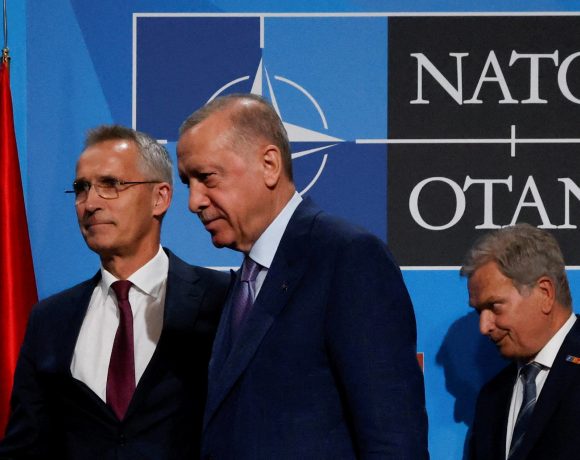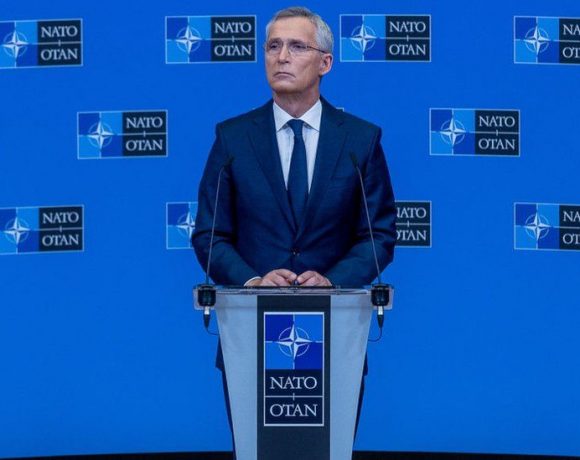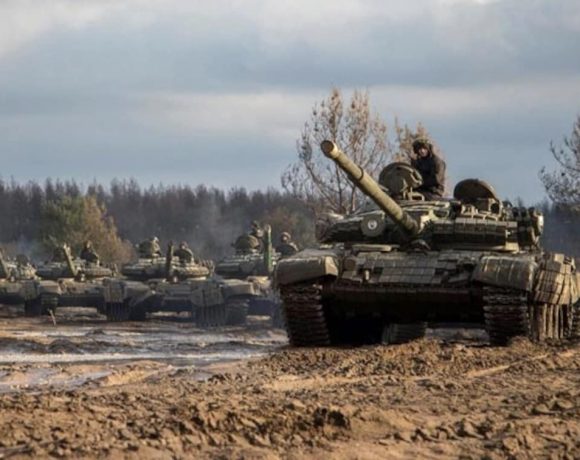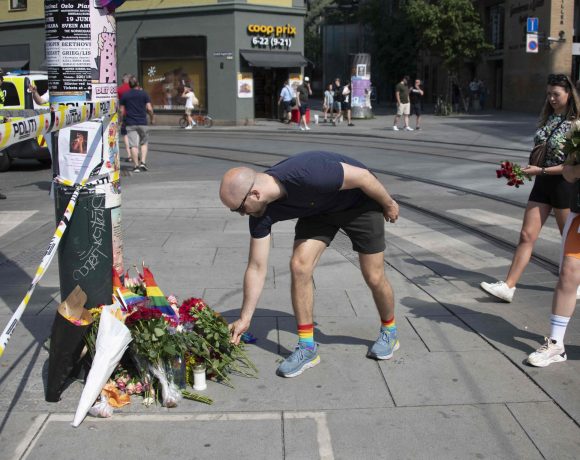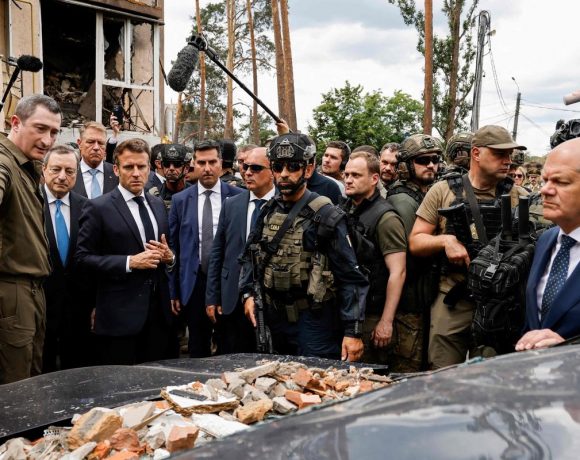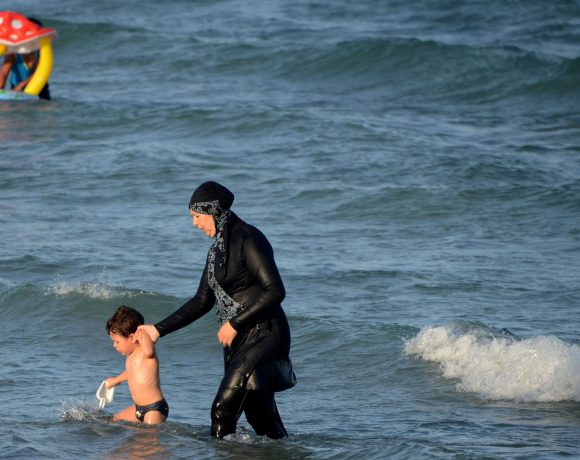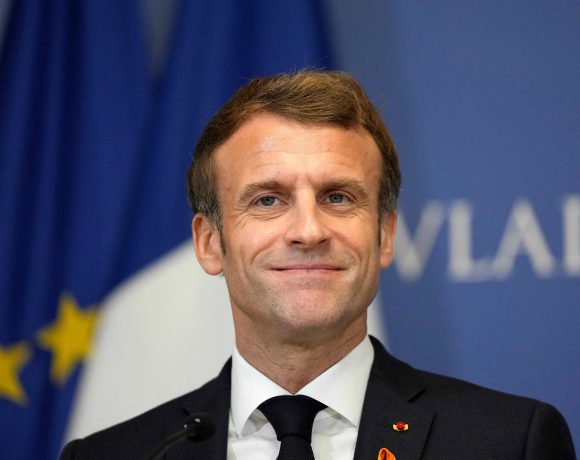
The solitary survivor of the group responsible for the attacks in Paris in November 2015 was found guilty of terrorism and murder. Salah Abdeslam was sentenced to a remarkable complete life term for his involvement in the 130 fatal gun and bomb attacks. 19 additional males were found guilty by the court, six of whom are thought to be deceased.
The trial, which is the largest in contemporary French history, started in September. In order to piece together the events surrounding the bloodiest attack on French soil since World War Two, victims, journalists, and the families of the deceased waited up outside the specially constructed courtroom in Paris for more than nine months.
Along with the fatalities, hundreds of people were hurt during the assaults on November 13, 2015, at clubs, restaurants, the national football stadium, and the Bataclan concert hall. Abdeslam was adamant at the start of the trial, calling himself a “soldier” of the so-called Islamic State (IS) organisation.
In his final words to the court, he later apologised to the victims and said that he was “not a murderer or a killer” and that a murder conviction would be “an injustice.” He also testified that he opted against setting off his suicide vest the night of the attack and instead dumped it in a suburb of Paris.The court, however, did not think that Abdeslam had suddenly changed his mind since it recognised evidence that the suicide vest was flawed.
Picture Courtesy: Google/images are subject to copyright

